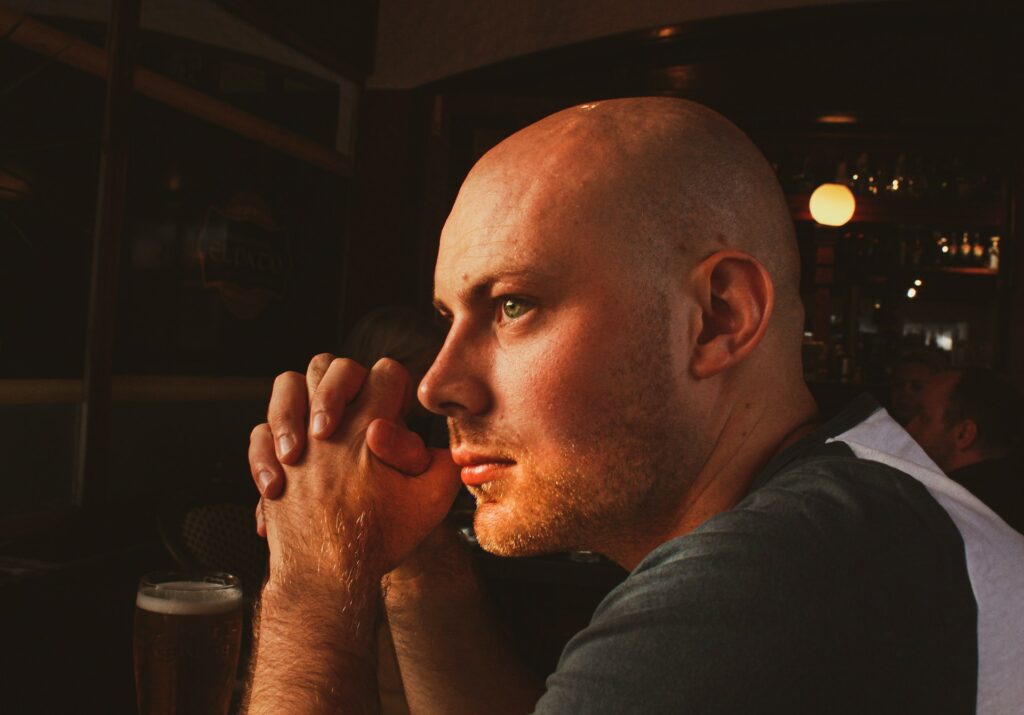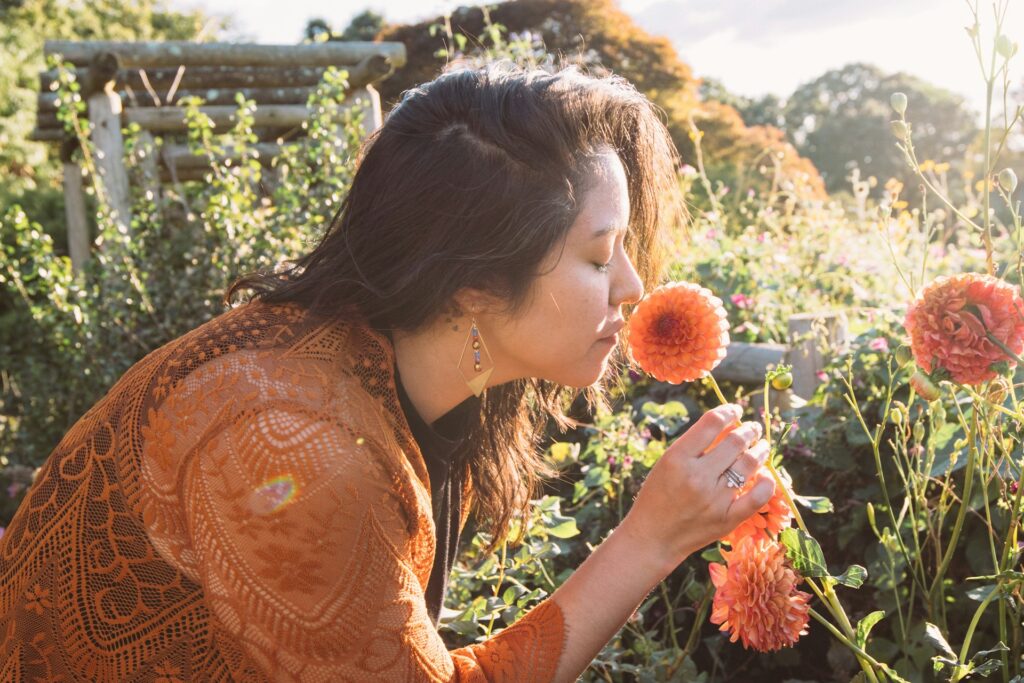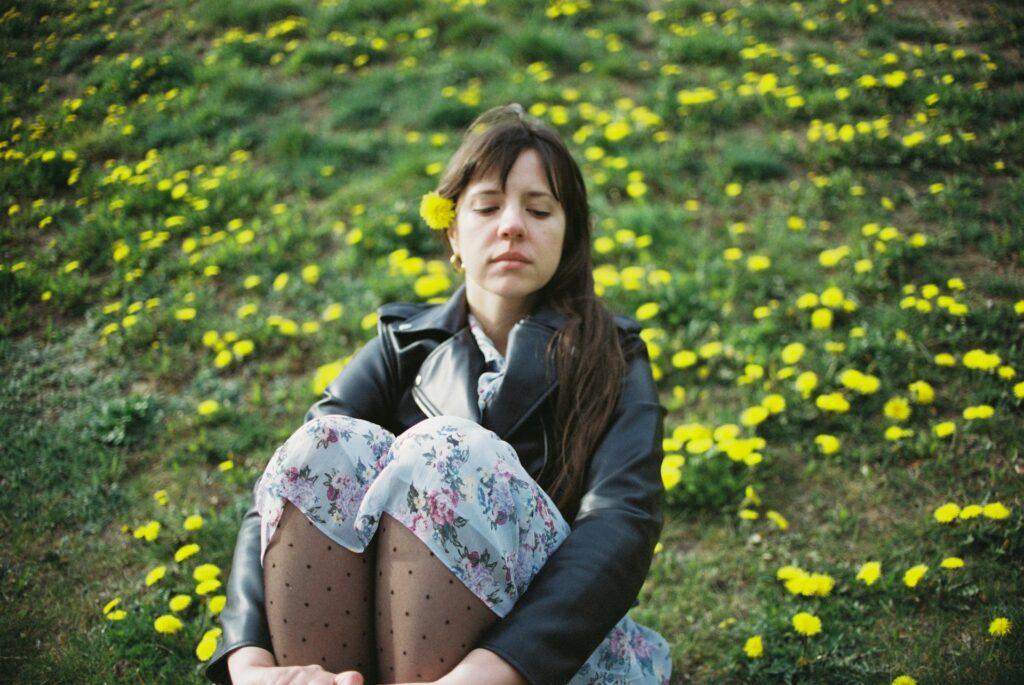Modern culture is obsessed with self-optimisation to an exhausting degree.

Everywhere you look, there’s pressure to be better, faster, happier, healthier—to show up every day like you’re auditioning for some invisible gold star. The problem with that is that real growth, real life, doesn’t work that way. You’re allowed to ebb and flow. You’re allowed to just be. Here’s why trying to be the “best version” of yourself every single day is not only unrealistic—it’s unnecessary.
1. Growth isn’t a constant upward line.

Self-improvement isn’t a neat staircase you climb. It’s messy. It’s full of setbacks, stalls, and quiet seasons where you feel like you’re moving backwards. That’s not failure—that’s how real change works underneath the surface. Expecting yourself to be better every single day turns normal fluctuations into fake emergencies. Some days are for breakthroughs; others are for survival. Both count. Both are part of becoming who you are.
2. Your “off days” teach you things, too.

Bad moods, tired mornings, days where you barely hold it together—they’re not wasted. They often reveal what you need most, where you’re stretching too thin, or what boundaries you might be ignoring. If you’re always trying to optimise yourself, you miss the quiet wisdom of the days that feel harder. Sometimes the real upgrade isn’t a new habit—it’s learning to listen to what your body and mind are begging for.
3. Perfectionism is a heavy, endless burden.

Trying to show up as your best every day often spirals into perfectionism—a never-ending chase where even your wins feel unsatisfying because they could always be “better.” That’s not motivating. It’s exhausting. You don’t need to perform your worth. You already have it. Progress matters, but perfection is a myth. Letting yourself be good enough, messy enough, real enough is where actual peace starts to settle in.
4. Some seasons are for maintenance, not expansion.

There will be times when just holding steady is enough. When staying afloat, maintaining your relationships, keeping your basic habits going—those things are victories, even if they don’t look flashy from the outside. You’re not failing because you’re not sprinting toward a new goal. You’re respecting the natural rhythm of life, where not every season demands growth. Some seasons demand rest, and that’s powerful too.
5. Rest is part of the process, not a break from it.

Rest isn’t something you earn after you’ve worked yourself to the bone. It’s a non-negotiable part of growing, healing, and staying mentally healthy. When you skip rest, you skip the foundation of real progress. Trying to be your best every day often leads to burnout, not brilliance. Real self-respect means honouring your limits instead of pushing past them in the name of constant improvement.
6. Your worth doesn’t fluctuate based on your output.

You’re not a machine built for productivity. You’re a human being, and your value isn’t measured by how impressive or efficient you are on any given day. Some days you’ll feel unstoppable. Other days you’ll struggle to make it through. Both days are valid. Neither one changes the fact that you’re already enough, no updates or upgrades required.
7. Chasing a “perfect” version of yourself can trap you.

The more you chase being the “best” all the time, the more you risk losing touch with who you actually are. Life becomes a performance instead of an experience. Your real feelings get shoved aside for what looks good externally. Freedom starts when you realise you’re allowed to exist without constantly improving. You’re allowed to have messy, complicated, beautifully imperfect days—and they can still lead you somewhere meaningful.
8. Nobody’s best self is sustainable 24/7.

Even the people you admire most—the ones who seem polished, driven, inspiring—they have off days too. They doubt themselves. They cancel plans. They cry in their car sometimes. You just don’t see it. Holding yourself to a superhuman standard because of curated glimpses you see online only creates shame. Real people have peaks and valleys. You’re not broken because you’re human, you know. You’re just honest about it.
9. Inner peace comes from acceptance, not constant striving.

The more you fight yourself—demanding constant upgrades, punishing every setback—the further you drift from inner peace. True peace starts when you accept that you’re worthy right here, right now, even while you’re still growing. Striving has its place, but it isn’t the heart of happiness. Learning to sit with yourself gently, even when you’re not hitting new highs, is where real emotional freedom lives.
10. Self-compassion fuels growth better than self-criticism ever could.

You can’t hate yourself into a better version of you. You can’t bully yourself into thriving. Shame doesn’t build resilience—it just builds deeper self-doubt that eventually makes progress harder to sustain. Self-compassion gives you the breathing room to keep trying, keep dreaming, and keep showing up even when it’s messy. It lets you grow from a place of safety, not survival—and that makes all the difference.
11. The best version of you includes the messy days, too.

The idea that there’s some shiny, perfect version of you waiting just around the corner if you hustle hard enough is a myth. The best version of you already exists, and it includes the tired days, the emotional days, and the “I’m just surviving” days too. Growth doesn’t erase your humanity. It embraces it. You’re not failing by being inconsistent sometimes. You’re living, and that’s more than enough.
12. Real success is showing up as you are, not who you think you “should” be.

The real win isn’t being your “best self” every single day. It’s showing up honestly, even when you’re scared, tired, unsure, or struggling. It’s letting yourself be fully human instead of constantly performing strength. Success isn’t a polished highlight reel. It’s a life lived with truth, tenderness, and the kind of resilience that says: even when I’m not at my best, I’m still worthy of love, hope, and new beginnings.


